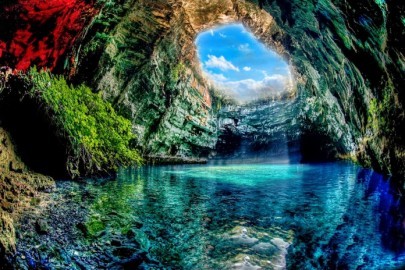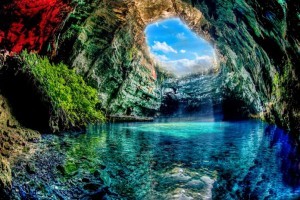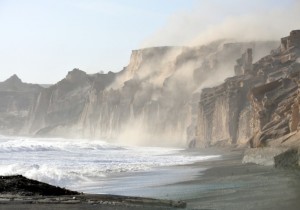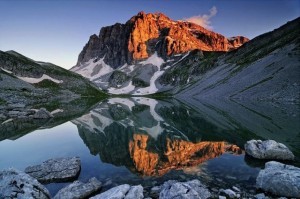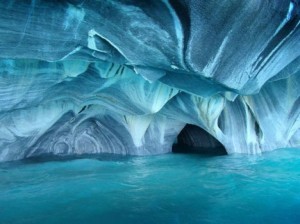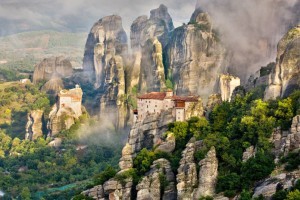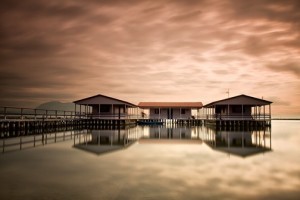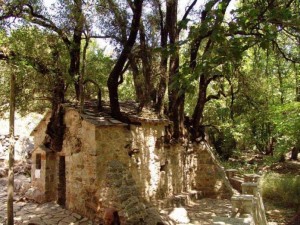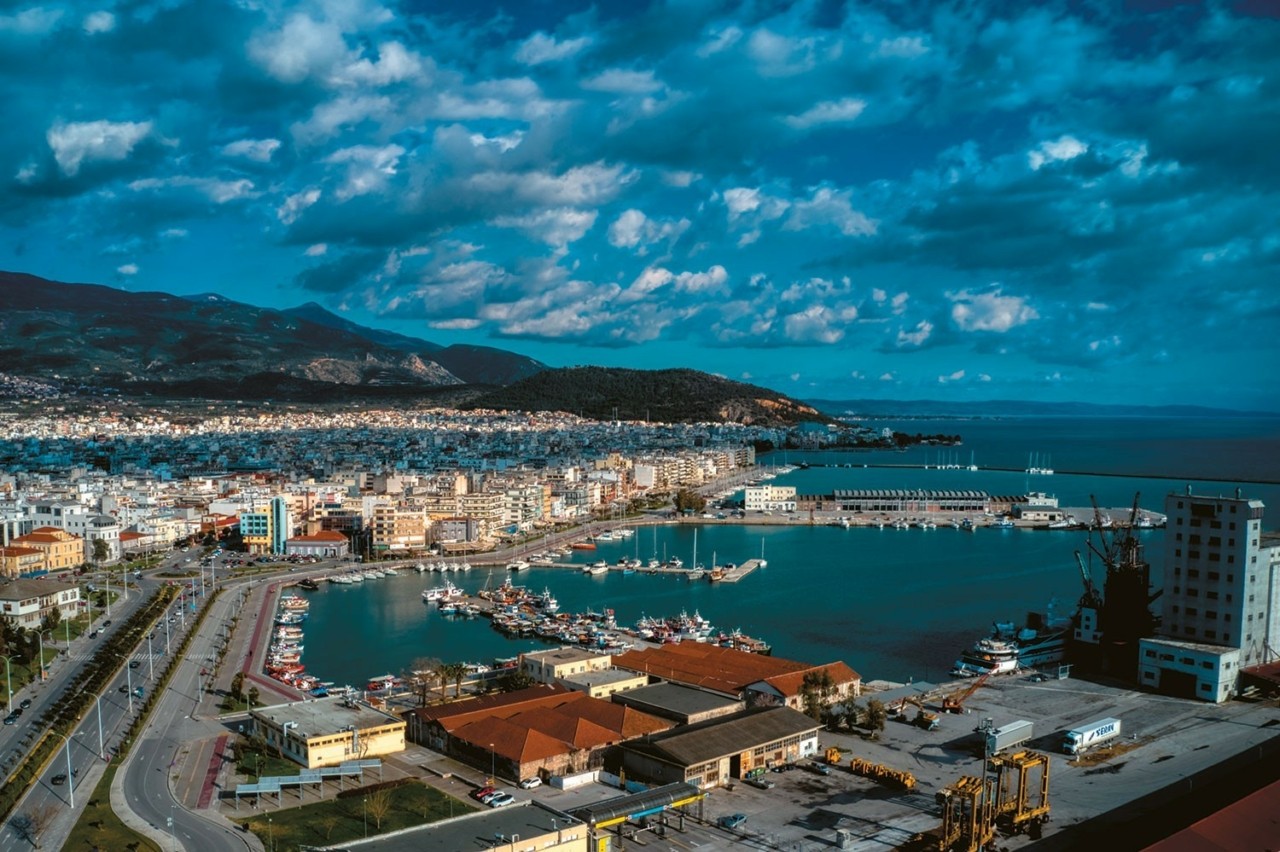Greece, a land of gods and nymphs, has a number of exquisitely beautiful places that appear to have come out of a fairy tale. Here are some of Greece’s most haunting places that you won’t believe actually exist.
(Click to enlarge)
Melissani Cave, Kefalonia
A sky-blue lake that was once believed to be the living quarters of myths. Hauntingly beautiful, legend has it that nymph Melissani drowned herself due to her unrequited love for the god Pan. The unique geological phenomenon is created by water erosion of calcareous rocks.
Vlychada Beach, Santorini
Windswept formations transport visitors to a lunar landscape. Sand dunes are created during the winter months, creating interesting formations and sand caves. Occasionally bulldozers are called in to dig out beach-goers. The abandoned tomato factory nearby and ashen volcanic sand add an eerie quality to the beach.
Gamila Dragon Lake, Mt. Tymfi
Greece’s alpine lakes were customarily believed to have been created by dragons throwing stones at each other. The spectacular lakes bear the name of the beasts that created them. Gamila, 2,050m at the highest point of Mt Tymfi, lies between the Aoos River and Voidomatis, along the North Pindus Range.
Blue Caves, Zakynthos
Located at the north coast of Zakynthos in the Ionian Sea, the caves are created thanks to the white-colored rocky landscape that comes together with the crystal-clear blue waters reflecting the sun onto the walls of tunnels and caves.
Meteora, Thessaly
The Holy Monastery of Rousanou is one of the six monasteries built on natural sandstone rock pillars of Meteora on the northwestern edge of the Plain of Thessaly in central Greece. Established in the middle of the 16th century, it was damaged by Germans during WWII. It is lower than the other monasteries in the region in elevation and this makes it more accessible. Nuns have occupied the monastery since 1988.
Lake Tourlida, Messolongi
A magical, mystical, mountain lake at Messolongi, western Greece, that is still unspoilt by the rush of tourism.
Saint Theodora, Vasta
The small village of Vasta has acquired fame due to its miracle church of Saint Theodora, who lived in the 11th-century BC and helped defend her village by disguising herself as a man. She died a violent death, screaming: “Let my blood become church, my blood a river, my hair the forest.” Built at the site of her grave, a local river rerouted to pass directly under the church caused seven trees to sprout from the roof. Locals attribute this as to a miracle by Saint Theodora.
Ask me anything
Explore related questions
